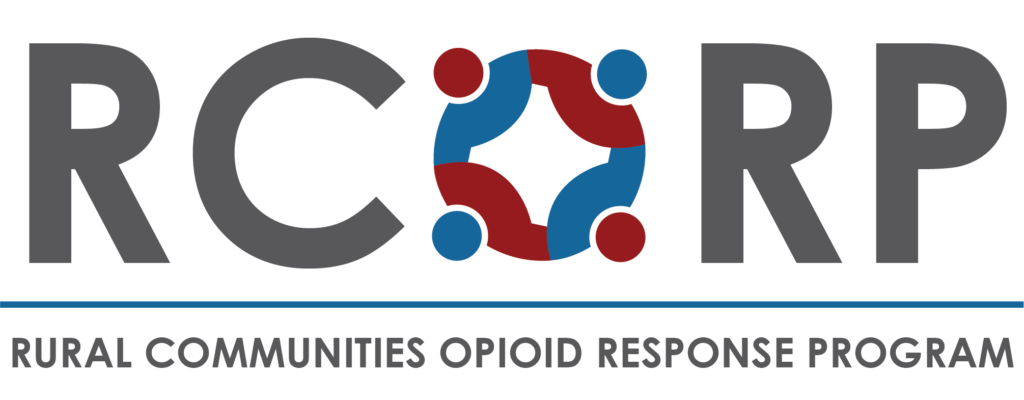
Low-Threshold Bridge Clinics and Rural Adaptations
Please join us on Wednesday, February 26, 2025, from 12:00 p.m. – 1:00 p.m. ET for a UVM CORA Community Rounds Workshop Series panel session, “Low-Threshold Bridge Clinics and Potential Rural Adaptations.” Our speakers are Joanna Streck, PhD, Assistant Professor dually appointed in the Department of Psychiatry and the Division of General Internal Medicine, and a Staff Psychologist at the Massachusetts General Hospital (MGH) SUD Bridge Clinic, and Sarah Wakeman, MD, Associate Professor of Medicine and Senior Medical Director for SUD at Mass General Brigham and Medical Director of Program of Substance Use and Addiction Services at MGH. This presentation will discuss low threshold SUD treatment models including low barrier Bridge Clinics and how this issue affects members of rural communities.
Learning objectives:
- Describe low threshold addiction treatment models
- Define the Bridge Clinic treatment model including pharmacotherapy and behavioral health components
- Outline and discuss potential rural adaptations and considerations for low threshold treatment
Additional Details
Speaker - Joanna Streck PhD, Sarah Wakeman MD

